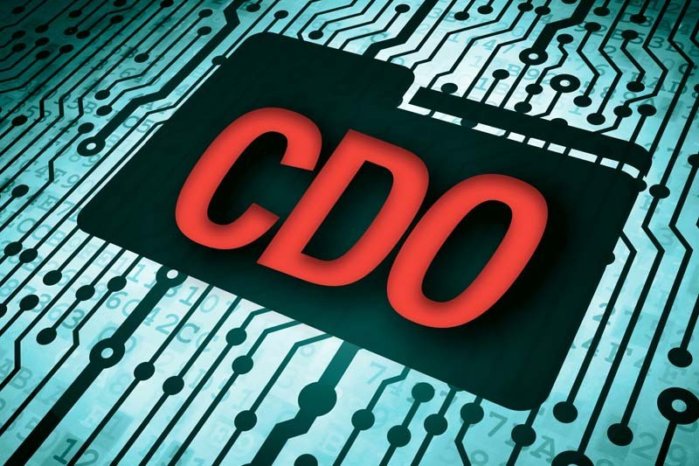
A few months back, writer Stephanie Overby said “…Gartner predicted that the chief digital officer (CDO) would be the most exciting executive role in the decade ahead. Russell Reynolds described the CDO as driving change across the organization with great potential as a successor to the CEO role in the digital transformation era.” Stephanie goes on to write that the future of the CDO role no longer seems so bright.
This is likely true about the role, but not about the position’s duties. Putting an executive in charge of one channel in isolation seems like a bad idea – just look to the dot.com bust years.
Back then, many companies created autonomous web divisions that were effectively disconnected from the rest of the business. This created channel conflicts, competing internal priorities and –most importantly – a lack of customer satisfaction.
Customers fully expected that companies would coordinate their cross-channel efforts and recognize them at all points of interaction. Companies that didn’t deliver lost significant brand equity.
Those types of customer expectations have only increased as the enabling technologies have evolved. Today, leading B2C brands like Disney, Starbucks and Chipotle attribute much of their success to meeting changing customer needs as well as creating an integrated “omni-channel” customer experience.
Why Many Companies Are Still Asking the Question “Do I Need a CDO?”
The rapid rise of social media, content marketing and the global pandemic has put tremendous pressure on B2B businesses to transform what and how they sell. Many roads in this transformation lead to increasing your company’s digital capabilities, and rightfully so. The old days of relying exclusively on your sales force to take your message to buyers have long been over.
Yes, the sales force is –and always will be – crucial in B2B. But Merit reports that up to 73% of B2B buyers are now millennials. And Millennials buy differently –and more “digitally” –than their predecessors.
Service Source reports that Millennials are typically more than halfway (57%) through the buying process before they’re willing to connect with a sales rep. And what are they doing to inform themselves before they talk to your sales reps?
They are looking at your website, perusing your content pieces and scanning social media to see what others are saying about your company. And – especially because of COVID concerns – they are also expecting you to have a digital version of your offerings wherever possible.
The bottom line is: digital domain knowledge is crucial to have in your company, now more than ever. And it’s precisely at these times that companies decide that they need an executive presence to drive their transformation. Despite all we’ve just said, we think this the wrong conclusion.
Remember: “Digital” Is No More Than A Very Important Channel To Meet Customer Needs
When companies over-react, it’s due to focusing only on what is changing and ignoring what is unchanging. We’ve highlighted the significant change above, and it’s difficult to ignore.
But consider what will never change: the fact that you must meet customer needs to be a successful business. You can be exactly right on needing digital expertise (increasing your “Digital IQ”) and still deliver the exactly wrong offer, content and experience (e.g., a low “Strategic IQ”)
When companies created largely-autonomous web divisions in the 90’s, headed by Chief Web Officers or the like, they often created a separate business. In most cases, customers didn’t like the ensuing experience.
That’s why you should have your digital head report to your Chief Marketing Officer or Chief Strategy Office. This discipline ensures that you don’t recreate the dot.com era mistake –building a digital business that is disconnected from the needs and experience demands of the 2020 era customer.
The current “C-level” who is in charge of understanding changing customer needs can direct the digital marketing and product/service delivery. This will ensure that you build capabilities that matter to your highest value customers and prospects.
You Need A High Strategic IQ And A High Digital IQ
Many failed dot.com’s had what would be considered a high Digital IQ for that era. However, this high Digital IQ coupled with a low Strategic IQ (e.g., a coherent, customer-centric, cross-channel strategy) still adds up to failure.
When it comes to answering the question “do you need a CDO”, our very specific advice is: No. Have your digital domain expert report to your strategic chief.

 Tom Spitale
Tom Spitale